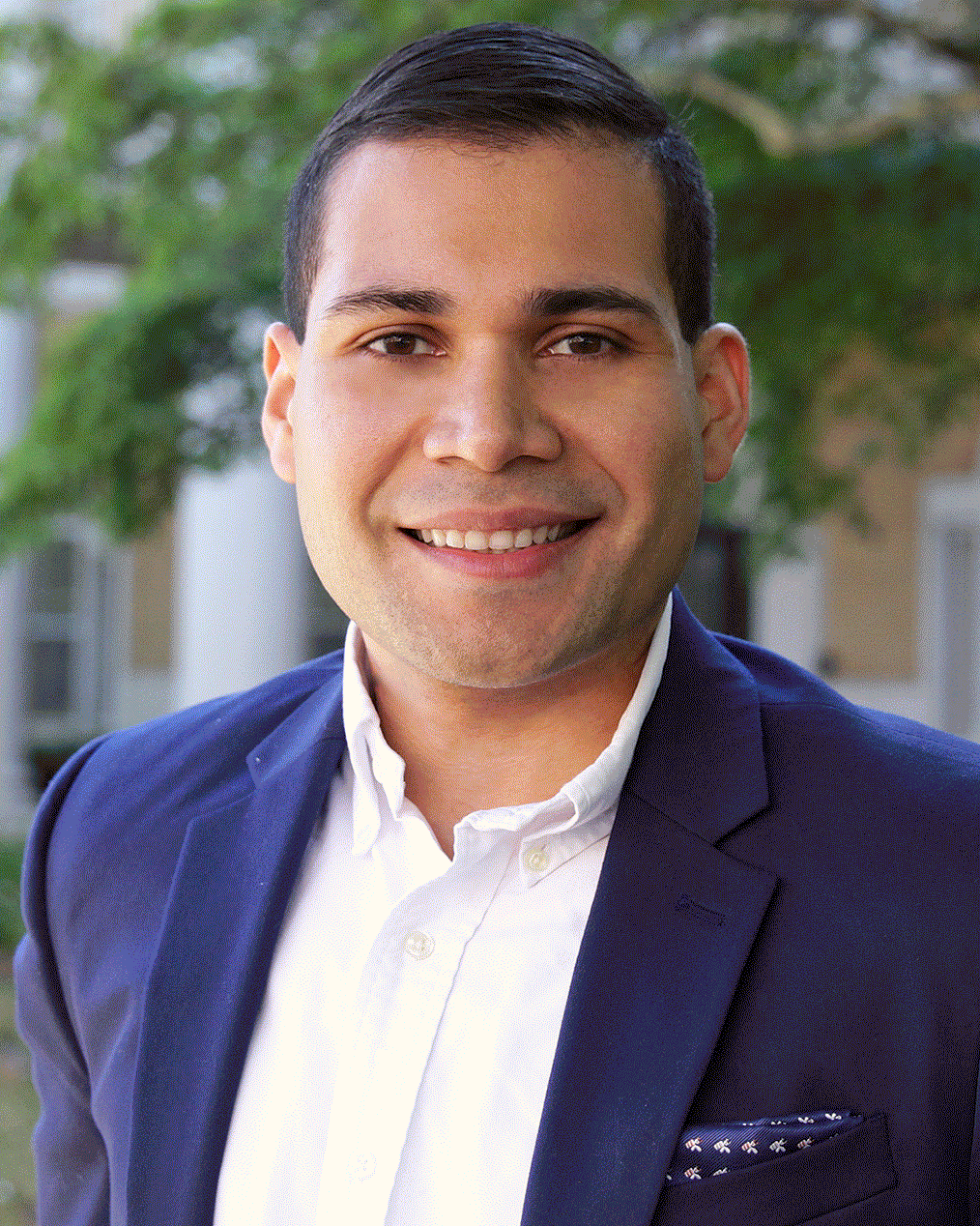
Dr. Jorge Ruiz-Menjivar Associate Professor
3025-C McCarty D
352 273-3529 | jorgerm@ufl.edu
Education:
- Ph.D., University of Georgia, Financial Planning, Housing and Consumer Economics, May 2016
- M.S., University of Florida, Personal and Family Financial Planning, June 2013
- B.S., University of New Orleans-Louisiana State University System, Accounting and Spanish Literature, May 2011
Biography
I am an Associate Professor of Family and Consumer Economics and a State Specialist in Family Financial Management for the Department of Family, Youth and Community Sciences/Institute of Food and Agricultural Sciences, University of Florida.
My research program examines the impact of socio-ecological factors (e.g., self-efficacy, financial knowledge and education, health status, social capital, beliefs and norms, and weather shocks) on financial decision-making and outcomes. Within this primary line of inquiry, my research branches into two main areas of focus: (a) the study of behavioral and psychological predictors of financial well-being among households, consumers, and farmers and (b) The application of quantitative and qualitative social and behavioral research methodologies to support the adoption of economically viable and practical strategies in agriculture.
I have conducted research using samples from the United States and from emerging market economies in Latin America, Asia, Europe, and Africa. My research approach is transdisciplinary and system-oriented. Thus, I conduct much of my research as part of multidisciplinary teams with collaborators in agricultural and biological sciences. My research work, presentations, and collaborations have been supported by U.S. federal agencies (e.g., the U.S. Department of Agriculture, the U.S. Agency for International Development, and the National Science Foundation).
Extension
I serve as a State Specialist in Financial Resource Management. I have developed two programs in collaboration with county faculty: Your Credit Matters (YCM) and My Financial Journey. The former is a 6-module curriculum designed to provide credit counseling, whether building credit, improving, or repairing the clients’ credit records. The curriculum covers topics, such as the importance of building and keeping a good credit record, understanding credit score models, using revolving and installment credit, preparing for a large purchase or debt obligation on credit (e.g., home mortgage, vehicle loan, student loans), and avoiding credit scams. My Financial Journey is a 6-module curriculum designed to provide emerging adults with information and encouragement about being financially successful. The curriculum covers topics ranging from goal setting, budgeting and saving, credit scores, and reports. The program is currently used by students in the First-Generation Student Success and Machen Florida Opportunity Scholars Programs. Finally, my background as a methodologist has allowed for cross-departmental and cross-college outreach and extension collaborations in agriculture and food systems. I serve as a Co-Investigator in two USDA-SARE grants, where I provide expertise in disseminating cost-effective strategies and assessing needs and barriers to adopt sustainable principles and practices in agricultural production.
